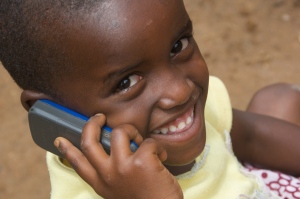 Graham Gordon, CAFOD’s Head of Policy, introduces a paper which explores the relationship between the Sustainable Development Goals and Pope Francis’s encyclical on the environment and development, Laudato Si’
Graham Gordon, CAFOD’s Head of Policy, introduces a paper which explores the relationship between the Sustainable Development Goals and Pope Francis’s encyclical on the environment and development, Laudato Si’
Transforming Our World: the 2030 Agenda for Sustainable Development is the result of many years of collective thinking across the international community about what international development looks like and how it should be ‘done’. It is an ambitious Agenda with an aspirational preamble and declaration, as well as 17 specific Goals (the Sustainable Development Goals or ‘SDGs’) and 169 targets.
In many ways, the SDGs offer a new way of approaching international development. They emphasise the importance of tackling inequality, of integrating environment and development and of deepening citizen participation. Most fundamentally, they state a clear commitment “to leave no-one behind”.

The SDGs demand that no-one be left behind
However, we need to address the way the SDGs are being implemented and some of the assumptions underlying the Goals if the 2030 Agenda is going to achieve the ambitious change it targets.
In a new discussion paper, we at CAFOD with a group of friends at other Catholic development organisations have taken inspiration from Pope Francis’ encyclical Laudato Si‘ – On Care for our Common Home and suggest that we can address these challenges by Engaging in the 2030 Agenda through the Lens of Laudato Si’.
 esses, charities and faith communities have been working towards this point for years. Failure to secure a meaningful agreement on climate change in Copenhagen in 2009 made many decide to work differently, building political will from the ground up.
esses, charities and faith communities have been working towards this point for years. Failure to secure a meaningful agreement on climate change in Copenhagen in 2009 made many decide to work differently, building political will from the ground up.
